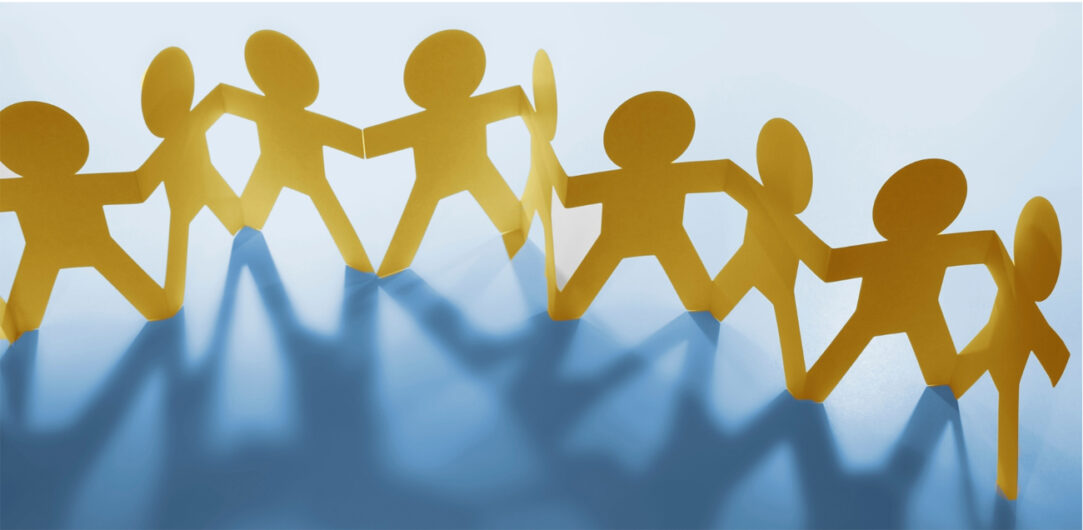Helping victims of child trafficking and the children of trafficking victims
Children make up one of the most vulnerable groups in human trafficking. Child exploitation will always endanger the child’s growth and development. Therefore, even an attempt of child trafficking is a punishable offence.

Merely the recruitment, transfer or reception of children for the purpose of exploiting them falls within the offence of human trafficking. That means that even when the act of exploitation has not yet taken place, the offence is punishable.
Children are exposed to all forms of human trafficking, including special forms of child trafficking. These include forced and child marriages, illegal adoption and coercion to become a child soldier. Finnish children may also become victims of human trafficking.
In addition to underage victims, the children of trafficking victims who have not themselves been trafficked often need special support. Children may have had to witness the exploitation of their parents. Due to their own experiences, parents who have become victims of human trafficking sometimes cannot offer their child a stable environment for growth. This does not mean that trafficking victims are bad parents- it just means that they may sometimes need extra help with coping with parenting along with everything else they’re going through.
Due to children’s vulnerability, it is important that they are given support and help by people who are specialised in child protection and assistance.
Helping a child victim requires cooperation
Many different people come together to help the victims of child trafficking and the children of the victims of human trafficking. The key coordinators include the Assistance system for victims of human trafficking, the Child Welfare authorities and municipalities. The police are responsible for ensuring the safety of child victims. As a rule, all matters concerning children must be dealt with urgently.
The child victim’s right of residence is a key issue that decides how the responsibilities are divided between the helpers. Based on the child victim’s right of residence, the responsibilities can be divided into three groups:
- If the child victim has a municipality of residence in Finland, that municipality and its Child Welfare team are responsible for helping the child. The municipality is responsible for providing the services the child needs. The municipality or its Child Welfare team are also responsible for housing the child, depending on the individual circumstances. If the child is safe with their parents, no other living arrangements need to be made. The Assistance system gives guidance to municipalities and their Child Welfare teams where needed, especially if the child’s safety is at risk.
- If the child victim is an asylum seeker in Finland, the reception centres for (unaccompanied minor) asylum seekers are largely responsible for providing the services. The Assistance system provides support and consultation to reception centres and covers some of the expenses for additional services offered to child victims (e.g. therapy). If the situation involves a significant threat to the child’s personal safety or welfare, a child welfare report must be submitted. In that case, the Child Welfare team can make a decision about emergency placement and other measures to protect the child.
- If the child victim is not an asylum seeker in Finland and does not have a municipality of residence, the Assistance system will be responsible for providing all services. If the child is alone in Finland, the child’s safety is at risk or the child’s parents are suspected of complicity in the child becoming a victim, the Assistance system will submit a child welfare report. If necessary, the Child Welfare authority will find a placement for the child and carry out other protection measures.
Children who have been admitted to the Assistance system are entitled to a broad range of services and help
Child victims admitted to the Assistance system are always provided with health care on the same basis as persons who have a Finnish municipality of residence. Child victims are entitled to these services irrespective of whether they have a municipality of residence.
The same applies to the children of victims who have been admitted to the Assistance system.
With regard to child victims or children of victims who have been admitted to the Assistance system, a child welfare report must be made without delay, if there is need to investigate the need for child welfare on account of the child’s need for care, circumstances endangering the child’s development, or the child’s own behaviour (section 25 of the Child Welfare Act).